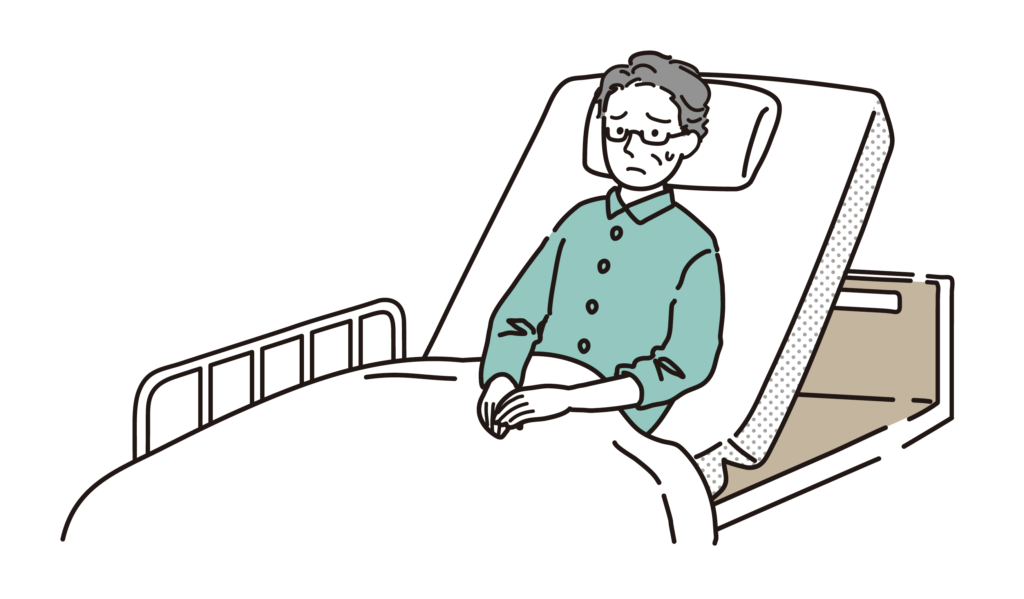High quality end of life care for those with diabetes includes:
- Early discussions with specialist diabetes team to assist with monitoring and care planning
- Avoid hypoglycaemia – glucose levels below 6mmol/L treatment needs reviewing so contact GP
- In the last days of life glucose levels should not be lower than 8mmol/L. Treatment may need reviewing – contact GP
- Avoiding symptomatic hyperglycaemia – glucose levels regularly above 15mmol/L treatment
- Observe for dehydration
- Ensure respect and dignity, discuss and listen to the individual

In the last stages of life:
- Insulin should not be stopped in people with type 1 diabetes but they could be switched to a simpler basal insulin regime – speak to the GP, district nurse or diabetes team for advice
- Diabetes medication may be stopped in type 2 diabetes – in these circumstances the aim is to ensure symptom control – speak to the GP, district nurse or diabetes team for advice
- Keep blood glucose tests to a minimum. Some testing may be required to reduce risk of low or high glucose levels
- If concerned any symptoms could be diabetes related, check glucose level and inform registered nurse, GP, district nurse or diabetes specialist team if outside of target glucose range
- Testing urine (if locally available) for glucose can sometimes help if you suspect symptoms are diabetes related
- If a person with type 2 diabetes has their insulin stopped, observe closely for developing symptoms, speak to the GP, diabetes team
- If finger prick testing is becoming frequent, the diabetes specialist nurse may be able to offer flash glucose monitoring
Minimise interventions and monitoring where possible, keep the person comfortable without compromising safety
Diabetes management requirements can change quickly at the end of someone’s life, the diabetes team and the individuals GP and local district nurses are there to offer support and guidance.
18 End of Life Care